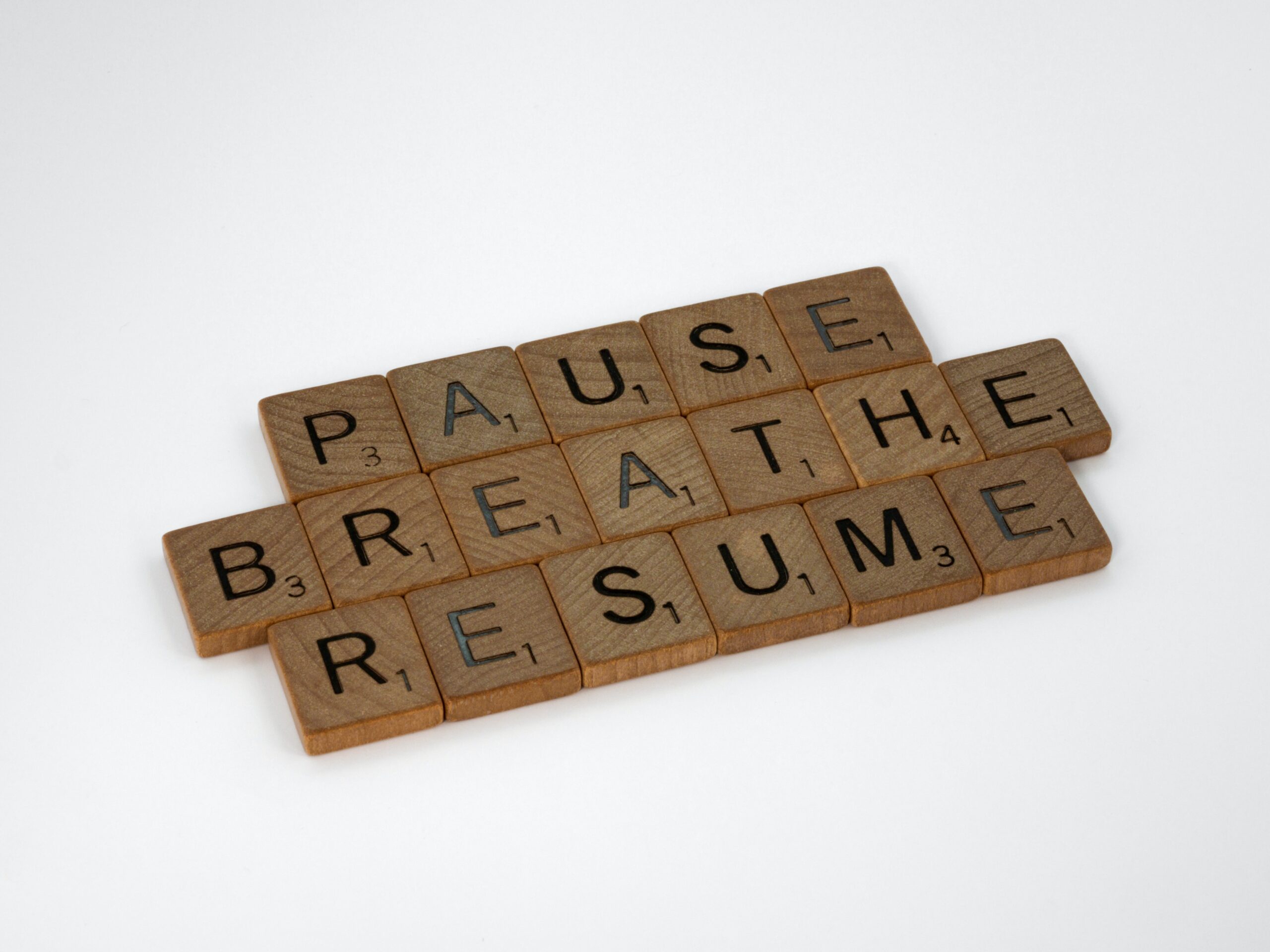
Rising inflation is Affecting Your Mental Health
Money and mental health are almost intrinsically connected. If our mental health is struggling, it’s likely we have a hard time making money.
Or, vice versa, if we’re having trouble getting by financially, it’s likely our wellbeing will suffer.
Naturally, money’s impact on mental health can feel like a vicious cycle there’s no way out of. However, there are ways to better organize your income and, in turn, reduce the strain it has on your overall stress.
THE CONNECTION BETWEEN MONEY AND MENTAL HEALTH
1.) Mental Health’s Effects on Money
2.) Money Affecting Mental Health
HOW TO ORGANIZE YOUR FINANCES
The best way to ease these stresses produced by money is to gain control over your finances. Of course, everyone’s situation will require different means of organization. However, generally speaking, most people benefit from:
- Build a money task into your schedule. This can include everything from paying bills to activities you plan that will require financial spending.
- Checking in on your bank balance regularly (it may help to set a specific time).
- Create a budget where you write down all your expenses and income. This will help you to organize your money and plan any spending ahead of time. Through this budget, it may help to make a list of things you know you’ll need to spend money on (i.e. bills, food, etc.).
- Find ways to distract yourself. If you find money is consuming your mood, it may help to develop distraction techniques to avoid these thoughts.
- If possible, avoid credit cards. Obviously, we all need credit and, therefore, such an endeavor isn’t possible for everyone. However, if you can, only spend the money that you have. And if you need a credit card, only use it up to the amount of money you have in your bank account.
- If possible, use cash instead of cards. This will ensure the above point but also help you to get a visualization of how much money you’re allowed to spend.
- Placing all important financial documents in one place (such as bills, W2s, etc.).
- Start managing your debts. If you’re currently in any kind of debt, it’s important to start paying the minimum each month. If possible, it can also help relieve some stress by paying more than the minimum (this will also help cut down on how much money you’re putting towards interest).
- If you’re struggling to pay your debts, it may help to get debt advice from a debt organization.
- Start saving your money. We never know when emergencies arise and, in most cases, it can relieve some mental anguish to have around $1,000 set aside.
In terms of saving, it may help to set aside a certain amount of money from every paycheck you receive. For example, if you’re able to hold onto $100 every month, you’ll have a $1,200 savings by the end of the year.
Once your money is in a better position, you may find you’re able to go through with other aspects of your life that can further reduce stress. This can include taking the necessary vacations, garnering a gym membership, or purchasing supplements to support your wellbeing.
Mindset Coaching is available
Free Call 1800 032 151
Email info@lifecoachingacademy.edu.au


